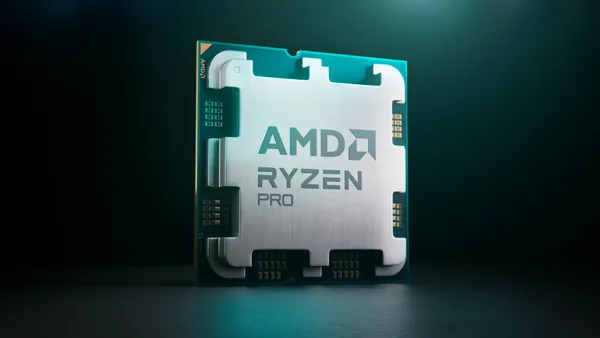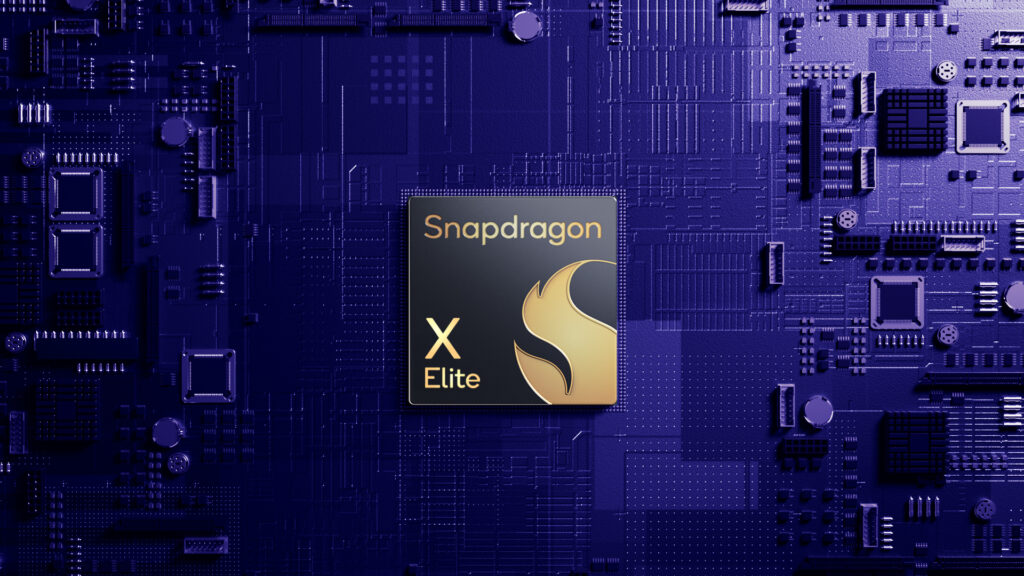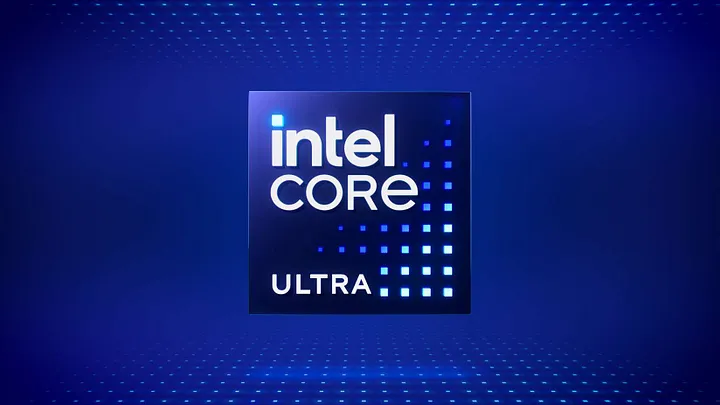AMD is turning up the heat in the commercial AI PC processor market with the launch of the Ryzen Pro 8040 series for laptops and mobile workstations and the Ryzen Pro 8000 series for desktops. Select Ryzen AI-powered models feature an on-chip NPU (neural processing unit) for running AI-enabled collaboration, content creation, and data analytics workloads, which deliver up to 16 dedicated NPU TOPS (Trillions of Operations Per Second) and up to 39 total system TOPS.
On the mobile side, the AMD Ryzen Pro 8040 series features processors with up to eight Zen 4 CPU cores, integrated RDNA 3 graphics, and — in select models — a dedicated NPU (neural processing unit).
AMD claims significant performance and power efficiency advantages over competing Intel Core Ultra processors when running the Microsoft Office 365 suite of applications. It also touts up to 85% better performance across a range of AI workloads for facial recognition, document analysis, text-to-image generation, image/video processing, and other tasks for Ryzen AI-powered models.
The Ryzen Pro 8000 series comprises AMD’s first AI-enabled processors for business desktops. Built using an advanced 4nm process, models in this series boast up to eight Zen 4 cores and a choice of RDNA 3 and Radeon RX 6400 graphics options, as well DDR5, PCIe 4, and Wi-Fi 7 support. A number of Ryzen AI-powered models are also available for power users.
Benchmark numbers provided by AMD show Ryzen Pro 8000 series processors outperforming the Intel Core i7–14700 running at a 65-watt TDP by an average of 19% and delivering up to three times better graphics performance.
The Ryzen Pro 8040 and 8000 series processors come with AMD PRO Technologies, a suite of security, manageability, and availability tools for commercial deployments. Notebooks and desktops featuring the processors are expected to be available from HP, Lenovo, and select channel partners starting in Q2, 2024.
With this launch, AMD is aiming to build on its success in the consumer PC market to gain a more substantial share of the commercial segment. While the performance gains delivered by the new processor look promising, the company will have to overcome formidable competition from Intel and Qualcomm to make meaningful progress towards this objective.
Long time technology industry fan here in Taiwan.



